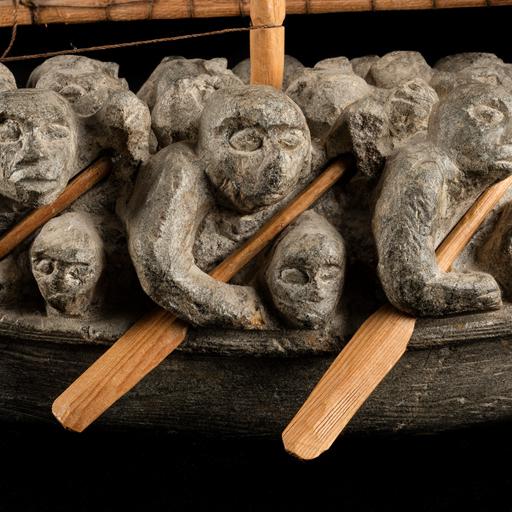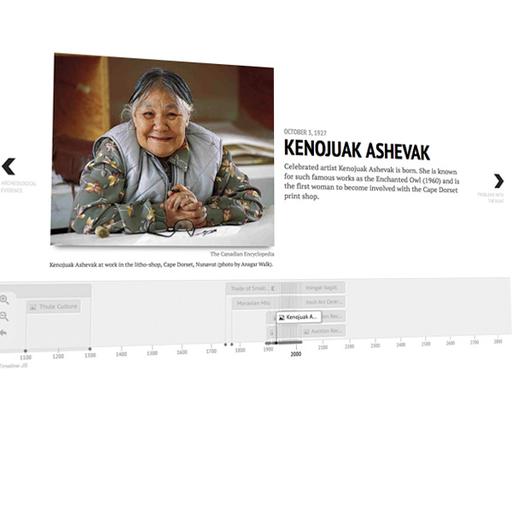First Nations University students' sculptures feature in Regina winter art installation
CBC News | December 11, 2022
Categories: news
Artwork will be in Victoria Park until the end of February
Jennifer Francis · CBC News · Posted: Dec 11, 2022 4:00 AM ET | Last Updated: December 11

Two students at the First Nations University of Canada say they are excited to have their art sculptures featured in Regina's Victoria Park this winter.
The Regina Downtown Business Improvement District (RDBID) and Regina's Warehouse Business Improvement District (RWBID), partnered with the City of Regina to launch an artistic installation pilot project.
The project called on local architects, artists and design professionals to incorporate concepts of warmth, shelter and conversation starters into an active design space during the winter months.
Lorne Kequahtooway, a third-year art student at the university, said he has never had his work featured on such a large scale before.
"I never expected to [have] a piece exhibited or commissioned this early [in my career] but it's a good start," he said.
Kequahtooway said his sculpture fits the theme of warmth and shelter.
"I came up with this concept of having the teepee design and as the teepee [goes on gradually], if you go to the side you can see the shape of a buffalo," he said.
"The reason being for that is historically we lived in teepees and they were our homes and the buffalo provided shelter or the covering for those homes."
Kequahtooway said he is happy to have Indigenous culture acknowledged in the downtown space.
"It means a lot, not only for myself but being a student at the First Nations University in the fine arts department, to have our recognition in the City of Regina."

Calista Moser's piece was also chosen to be featured in the downtown exhibit. She said she wanted to introduce a piece that was different from what people would usually see in downtown.
She said having people view her art on this large of scale was something she never thought she would be able to do.
"Now that I've accomplished that, it kind of opened up a whole new door for me to be able to be paid to do something like this," she said.
She added that money isn't everything but the recognition is what is important to her.
"It's cool to have my art out in the public and to be recognized," she said.
"It just proves to me and other people that [if] you're Indigenous, you can exist in these spaces."
Learning experience for students
Lionel Peyachew is the lead artist and advisor on this project. He, Kequahtooway and Moser put together the two proposal packages as part of the class Peyachew teaches.
He said he thought that possibly one submission would be chosen and was surprised to learn that both of them would be going forward.
"When I emailed the students they still couldn't believe that they won," he said.
"They were very excited to go to the second stage; everyone was ready to do this."

Moser said after the initial celebrations she quickly realized what getting chosen meant.
"Mine and Lorne's first reactions [were] just like 'hell yeah!' and hi-fiving and everything and so excited," she said.
"And then the reality set in like, 'Oh now we have to build it.'"
She said it was her first time building something on that scale and getting it done in the time frame, and outdoors in winter, was a challenge.
Peyachew said he is proud of his students and what they have accomplished.
"Hopefully everyone enjoys it for the next four months," he said.


